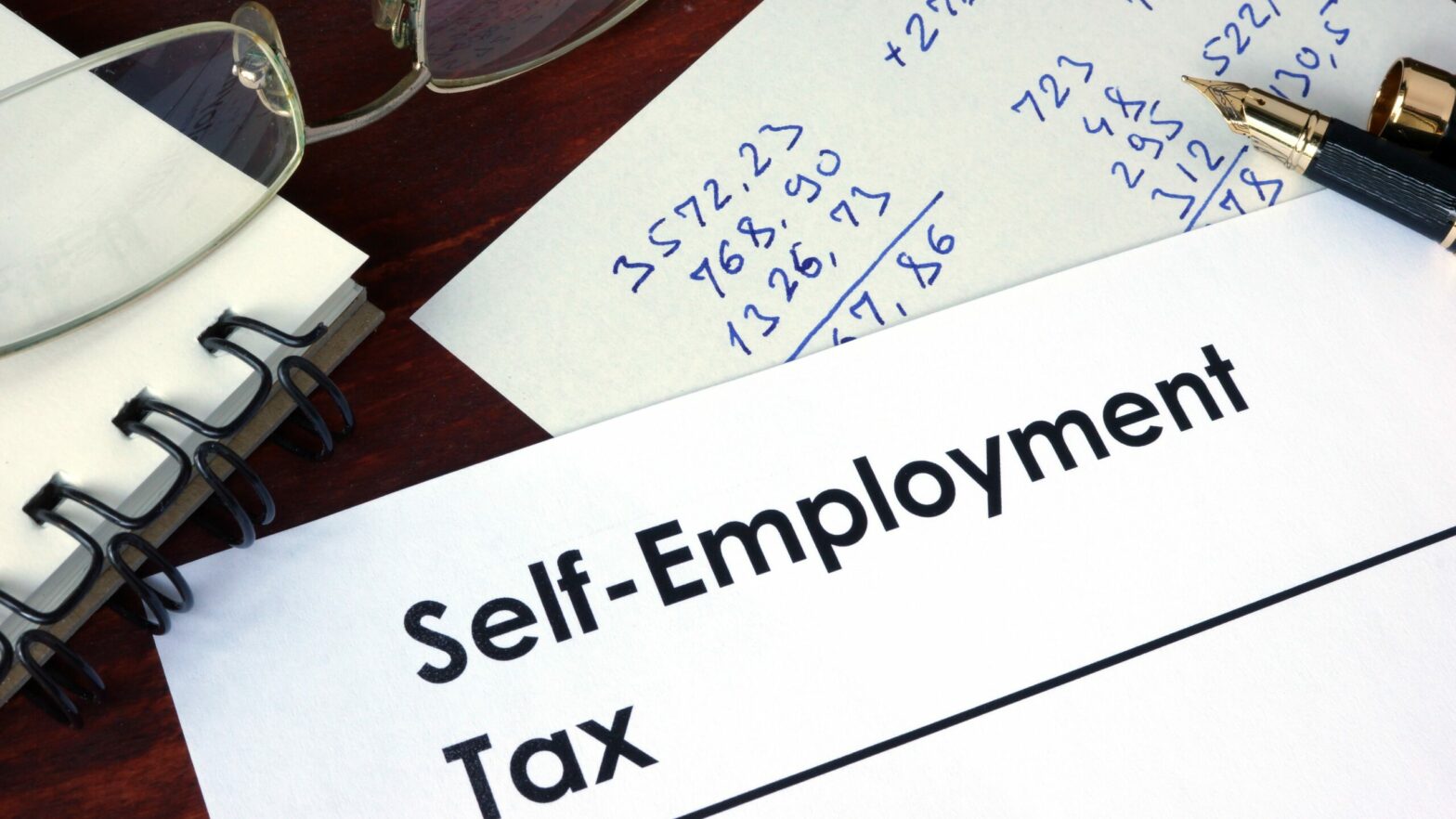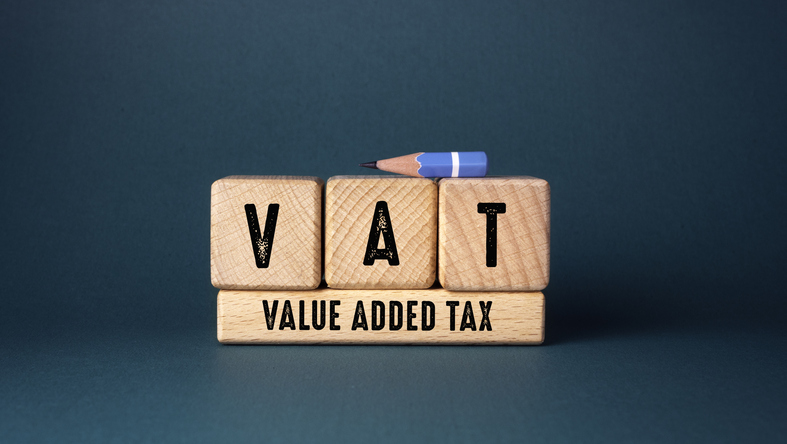The new tax year started yesterday (6th April), and with it comes new rules and tax rates from HMRC, as well as a new payroll year for employers. No matter what kind of business you run, you should find out what the new tax year may mean for you.
All employers
For all employers, the new payroll year begins on 6th April. That means you’ll need to update your employees’ tax codes, and the cycle of deducting tax starts again from here. If you’re eligible, you’ll also get another £2,000 of employment allowance to set against your Employer’s National Insurance.
HMRC has also introduced new National Insurance rates that begin on 6th April 2015. First, the Employee National Insurance threshold has increased to £155 a week. This means that if an employee earns £155 or more a week, they will need to start paying national insurance on those wages. HMRC has also introduced a new national insurance threshold for employees under 21. For these employees, the threshold is £815 per week.
The Employer’s National Insurance threshold has also increased to £156 a week, so employers will now start paying employer’s National Insurance on staff wages above £156 per week.
All individuals
The personal allowance is the amount of income that any individual with earnings below £100,000 a year can earn free of tax. Starting 6th April 2015, this allowance increases from £10,000 to £10,600.
For individuals who earn over £100,000, the personal allowance also goes up to £10,600, but is then reduced according to how much money they earn – specifically, it reduces by £1 for every £2 they earn over £100,000. That means that if someone earns £121,200 or over in 2015/16, their personal allowance would reduce to zero (this assumes that they were born after 5th April 1948 – see below).
HMRC has also introduced a change to personal allowance rates for older individuals. Previously, the personal allowance for individuals born between 6th April 1938 and 5th April 1948 was higher than for individuals born after 5th April 1948. From 6th April 2015 the personal allowance for both these age groups will be the same. There is still an extra allowance of £60, however, for anyone born before 6th April 1938 – so their personal allowance would increase to £10,660.
Sole traders and partners in a partnership
If you’re a sole trader or a partner in a partnership, your new accounting year may also start on 6th April as many choose to align their accounting year with the tax year. If this is the case for you, now is a great time to review your profit and loss figures from your last accounting year and see if you have any opportunities to reduce costs or put your prices up.
HMRC has also introduced new tax rates that will apply to sole traders and partnerships. First, despite the fact that the 2015 budget promised to abolish Class 2 National Insurance, they haven’t yet set a date for this so you’ll still need to pay it. The rate has also increased, from £2.75 per week to £2.80 per week.
If your profits are under the Small Profits Threshold, which is £5,965 a year from 6th April 2015, you can apply for exemption from Class 2 National Insurance. Be aware that this exemption might affect your entitlement to State Pension and other state benefits so it’s worth talking this through with your accountant.
VAT-registered businesses, or those approaching the threshold
Starting 1st April 2015, the VAT registration threshold increased to £82,000 a year, up £1,000 from last year. That means that you must register your business for VAT if its VATable sales are more than £82,000 a year.
The VAT deregistration threshold also increased by £1,000, so that means that you can deregister a VAT-registered business if its VATable sales fall below £80,000 a year.
Emily Coltman FCA is chief accountant at FreeAgent.








